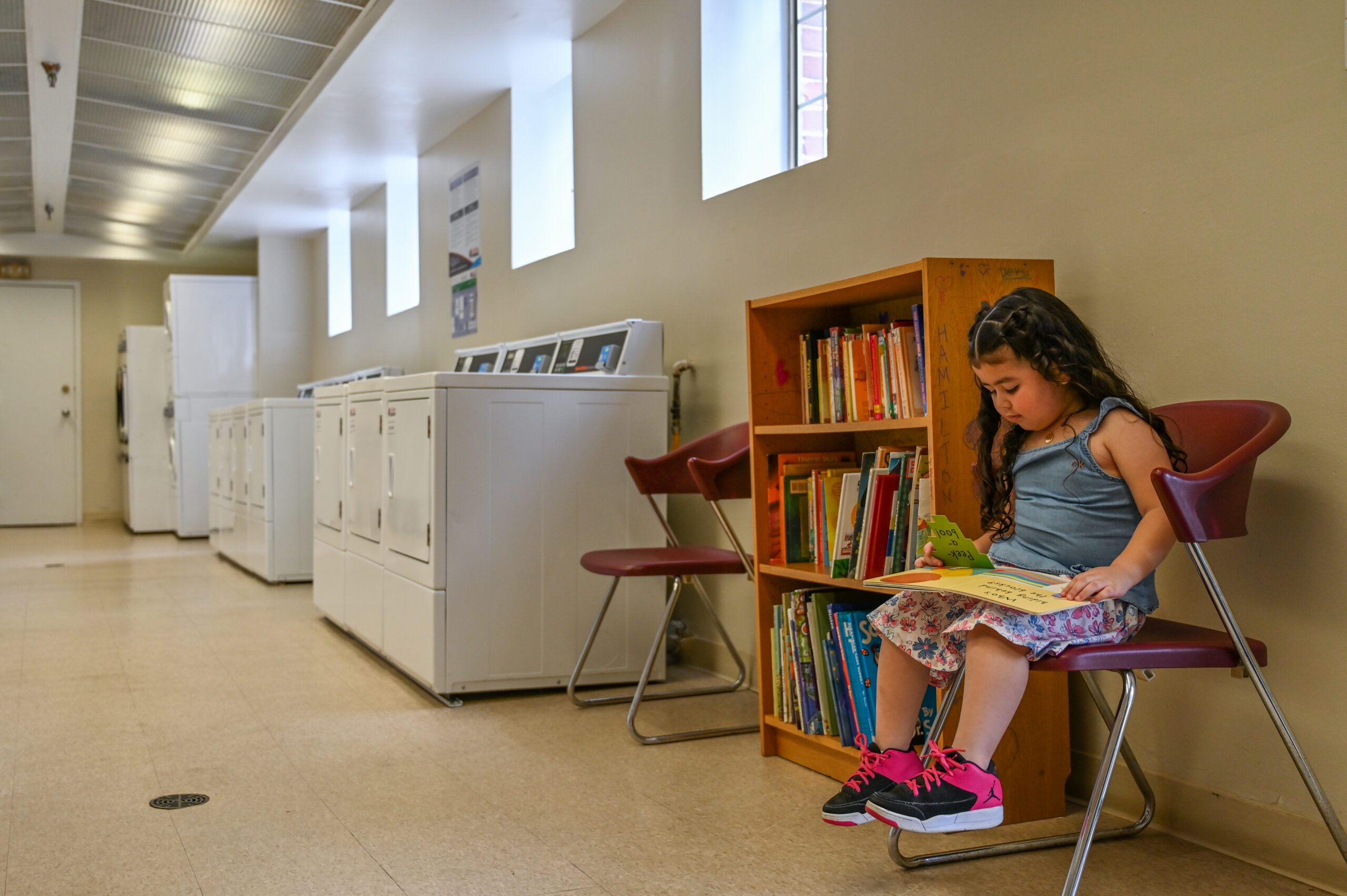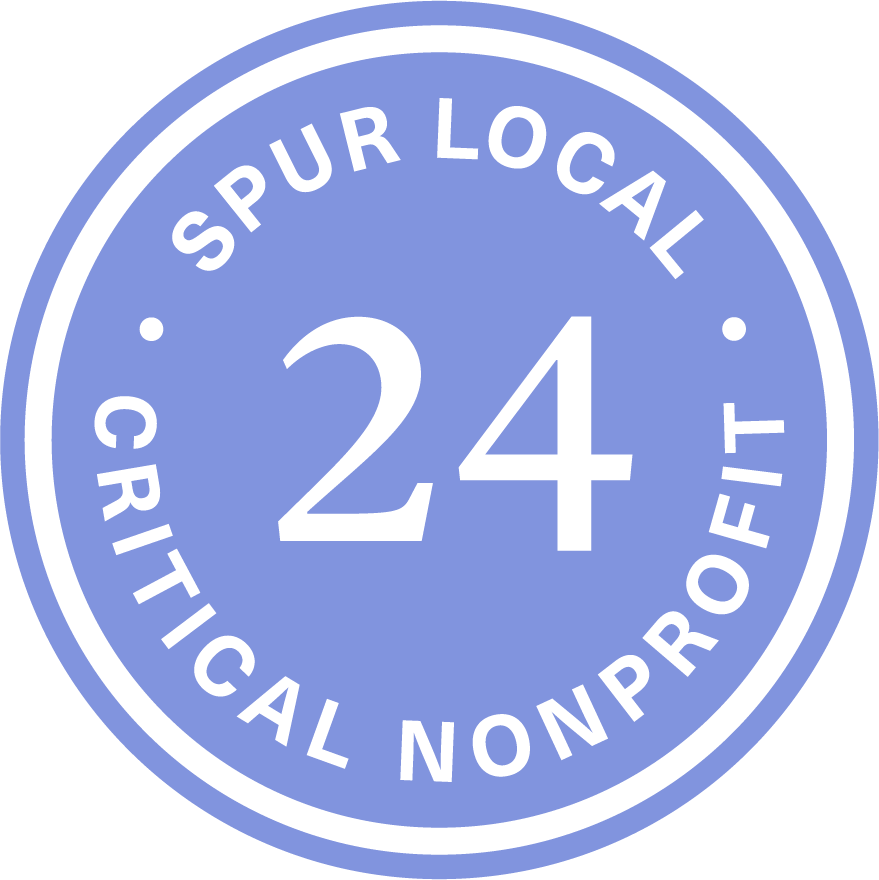
“Reading is the gateway skill that makes all other learning possible.” – Barack Obama
September is National Literacy Month, a time to celebrate the power of reading and its ability to change lives. It’s also a time to reflect on how access to books and educational resources can shape the future of individuals, families, and entire neighborhoods.
Literacy is more than just the ability to read. It’s the gateway to education, employment, and personal empowerment. For children, early exposure to books increases vocabulary, critical thinking, and school performance. For adults, literacy supports everything from job readiness to financial independence.
Yet in many communities, access to books can be or is often limited. Public libraries may be far away or under-resourced. Families juggling many responsibilities may not have time or transportation to make regular visits. That’s where creative, community-driven solutions come into play.
Little Libraries, Big Impact
One of the most grassroots tools in promoting literacy is the Little Free Library – those small, birdhouse-like book-sharing boxes that pop up in front yards, parks, schools, and apartment complexes. Their motto is simple: Take a book, leave a book. These little libraries do more than distribute books – they spark curiosity, foster community connection, and make reading visible and accessible right where people live. They’re especially impactful in neighborhoods where residents may not otherwise have easy access to bookstores or public libraries.
WHC communities have installed two official Little Free Libraries – one at Crystal House in Arlington and one at Huntwood Courts in DC. It’s a small addition with a big return: children can grab a book on their way home from school, and parents can find something to read during quiet moments. And they add another point of visual beauty to the physical space.
Our other three properties are also on their way to sharing reading material. Loree Grand and Hamiliton Manor have unofficial book shares in a common area. Earle Manor is working to establish its own library within the year.
Book Clubs: Creating Connection Through Conversation
Another powerful tool in promoting literacy is establishing a book club—a simple but meaningful way to bring people together around a shared story. WHC actively encourages the formation of book clubs through our community building and resident engagement. Book clubs offer more than a reading experience—they provide:
- A social outlet for residents, building relationships and reducing isolation.
- A platform for dialogue, especially when reading stories that reflect different experiences.
- Opportunities for lifelong learning, particularly for adults who may have missed out on formal education.
WHC has a few formal and informal book clubs at our properties. The Crystal House Book Club, led by a resident steward, celebrated its two-year anniversary in July. The resident steward describes the book club as a “great way for community members to join together and discuss books, values, and our shared interests as neighbors.”
As we celebrate National Literacy Month, let’s remember that literacy doesn’t exist in isolation. It’s nurtured by strong communities, creative partnerships, and the basic human need for shelter and belonging. When housing includes access to books, learning spaces, and supportive community programs, it becomes not just a place to live, but a place to grow and thrive.
~

Preserving housing affordability and promoting economic mobility in the DC-region
The Washington Housing Conservancy is a 501(c)(3) non-profit organization. Your investment helps us expand our work. Your gift is 100% tax-deductible. EIN 83-1866109


Privacy Policy
Terms & Conditions
Get in touch
Follow us

Recent Comments